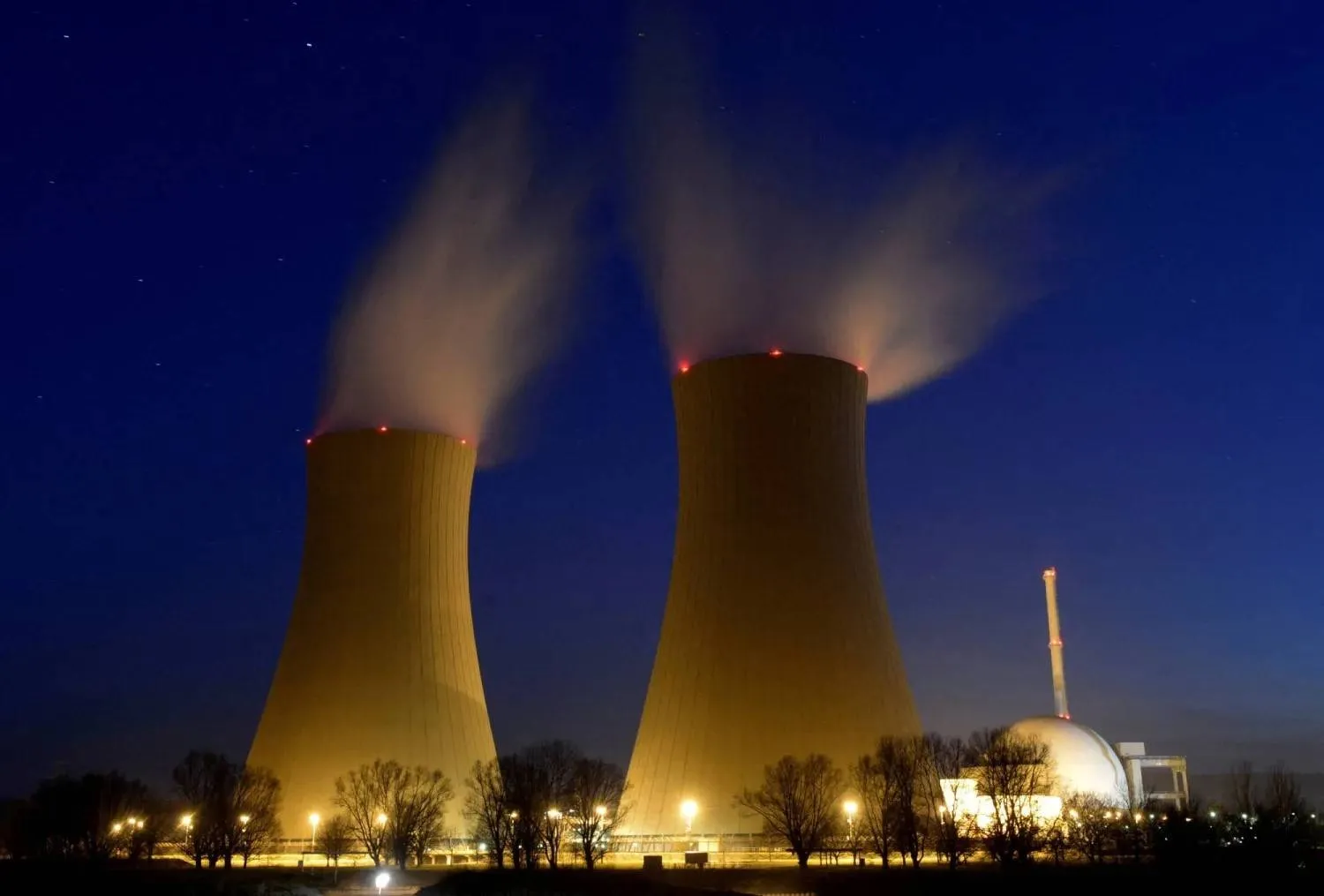Russia's state nuclear corporation Rosatom and state-owned China National Nuclear Corporation have been tapped to lead separate consortiums to build the first nuclear power plants in Kazakhstan, the country's atomic energy agency said on Saturday.
Other proposals came from the state-owned China National Nuclear Corporation, as well as French and South Korean companies.
It was not immediately clear which other companies would participate in the Rosatom-led consortium, nor the cost and timeline of Rosatom’s proposal.
The two-reactor plant will be built in the village of Ulken, about 400 km northwest of Almaty, the commercial capital.
In October, Kazakhstan voted in a referendum, backed by its president, in favor of constructing nuclear power plants. The country says it plans to have 2.4 gigawatts of nuclear capacity by 2035.
The oil- and gas-rich nation of 20 million has not had any nuclear power generation capacity since 1999, when the BN-350 reactor on the shores of the Caspian Sea was decommissioned.
The Kazakh atomic energy agency, established this March, said it had reviewed various proposals for reactor technologies and assessed them based on nuclear power plant safety, personnel training and other criteria.
The agency “determined that the most optimal and advantageous proposals for the construction of a nuclear power plant in Kazakhstan were those received from the Russian company Rosatom,” it said.
“Currently, in accordance with Rosatom’s proposals, work has begun on the issue of attracting state export financing from the Russian Federation.”
Russian President Vladimir Putin visited Kazakhstan in November and discussed boosting energy and industry ties with the country, which exports most of its oil through Russia but is exploring alternatives.
In an article for the Kazakhstanskaya Pravda newspaper, Putin wrote that Rosatom, already involved in some projects in Kazakhstan, “is ready for new large-scale projects.”
In October, Kazakhstan voted in a referendum in favor of constructing its first nuclear power plant.
The plan, backed by President Kassym-Jomart Tokayev, faced criticism from some Kazakhs.
Kazakhstan is one of the world’s biggest uranium producers but currently relies mostly on coal-powered plants for its electricity, supplemented by some hydroelectric plants and the growing renewable energy sector.
Rosatom, created by a presidential decree in 2007, says it is the only company in the world that has all technologies of the nuclear fuel cycle, from uranium mining and nuclear research to building, fueling and running nuclear power plants.









